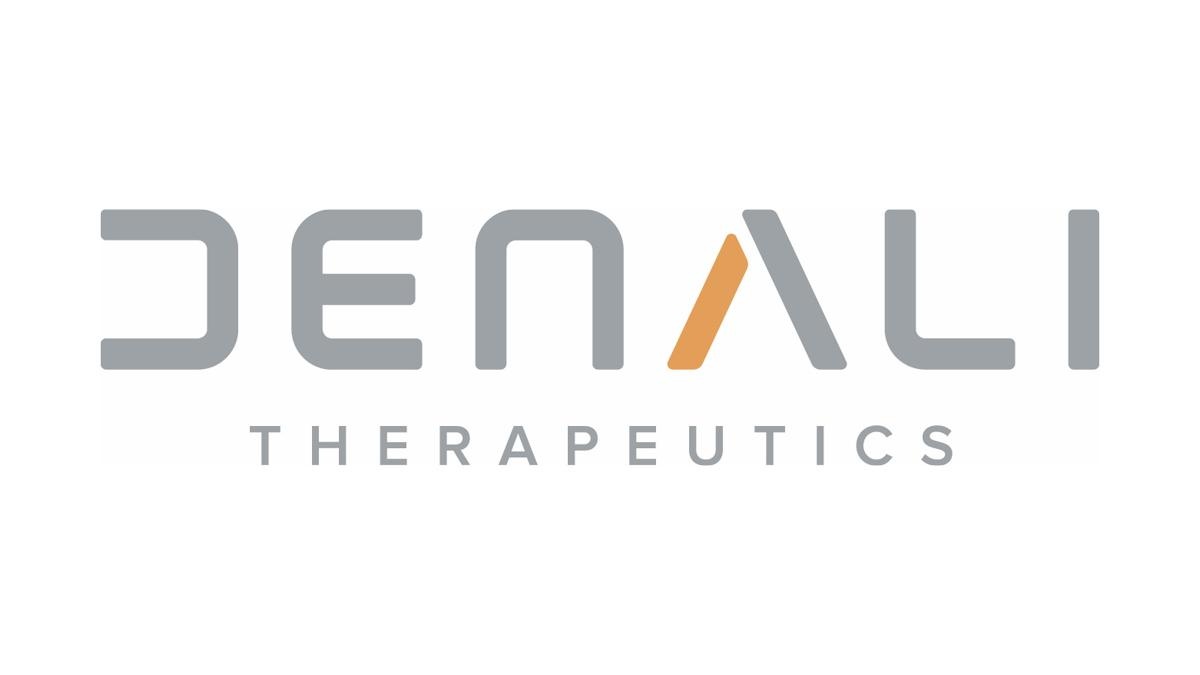Denali slides after ALS drug flunks clinical test

Denali Therapeutics' experimental drug for amyotrophic lateral sclerosis (ALS) failed to show efficacy in part of the phase 2/3 HEALEY ALS basket trial, causing a fall in its share price.
The South San Francisco biotech announced that eIF2B agonist DNL343 was unable to slow disease progression or increase survival compared to placebo at 24 weeks in the study, conducted at Sean M Healey & AMG Centre for ALS at Massachusetts General Hospital, which is testing a series of different drugs and regimens for the devastating neurodegenerative disease.
DNL343 was Regimen G in the study, with the drug given to 186 patients who were compared to 139 in the placebo group, but was unable to show an improvement on the ALS Functional Rating Scale-Revised (ALSFRS-R) scale or the mortality rate.
Moreover, the drug also failed to improve secondary measures of muscle strength and respiratory function, although it was "safe and well tolerated," according to Denali.
There's still more data to come from the trial, including a look at pre-specified subgroups, longer-term clinical effects, and effects on ALS biomarkers, including neurofilament light (NfL) levels, which is expected later in 2025.
It is the second disappointing readout for the biotech in the neurodegenerative disorder in the last year, coming after Sanofi-partnered RIPK1 inhibitor SAR443820 missed the mark in the HIMALAYA trial, causing the partners to discontinue testing in ALS although, the drug remains in development for multiple sclerosis.
"We remain deeply committed to fully understanding the effects of DNL343 in ALS and will further evaluate the data before determining next steps", said Merit Cudkowicz, the HEALY ALS study's principal investigator.
"Though the initial top-line clinical results of this trial were not what we hoped, the data collected is valuable in helping to understand the next stage of ALS research," she added.
The result is another major disappointment to ALS patients, who have limited drug treatment options at present, particularly after one FDA-approved therapy – Amylyx's Relyvrio/Albrioza (sodium phenylbutyrate/taurursodiol) – was pulled from the market.
Now, options are limited to Mitsubishi Tanabe's Radicava (edaravone) and generic drug riluzole (sold as Rilutek by Sanofi), and Biogen's Qalsody (tofersen), the latter only if they have a genetic form of ALS associated with a mutation in the SOD1 gene.
Other recent failures in the clinical pipeline include studies of Apellis' complement C3 inhibitor pegcetacoplan and Cytokinetics' fast skeletal muscle troponin activator (FSTA) reldesemtiv, as well as AbbVie and Calico Life Sciences' eIF2B activator fosigotifator, which was Regimen F in the HEALEY ALS trial.












